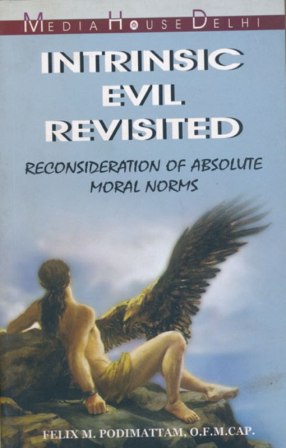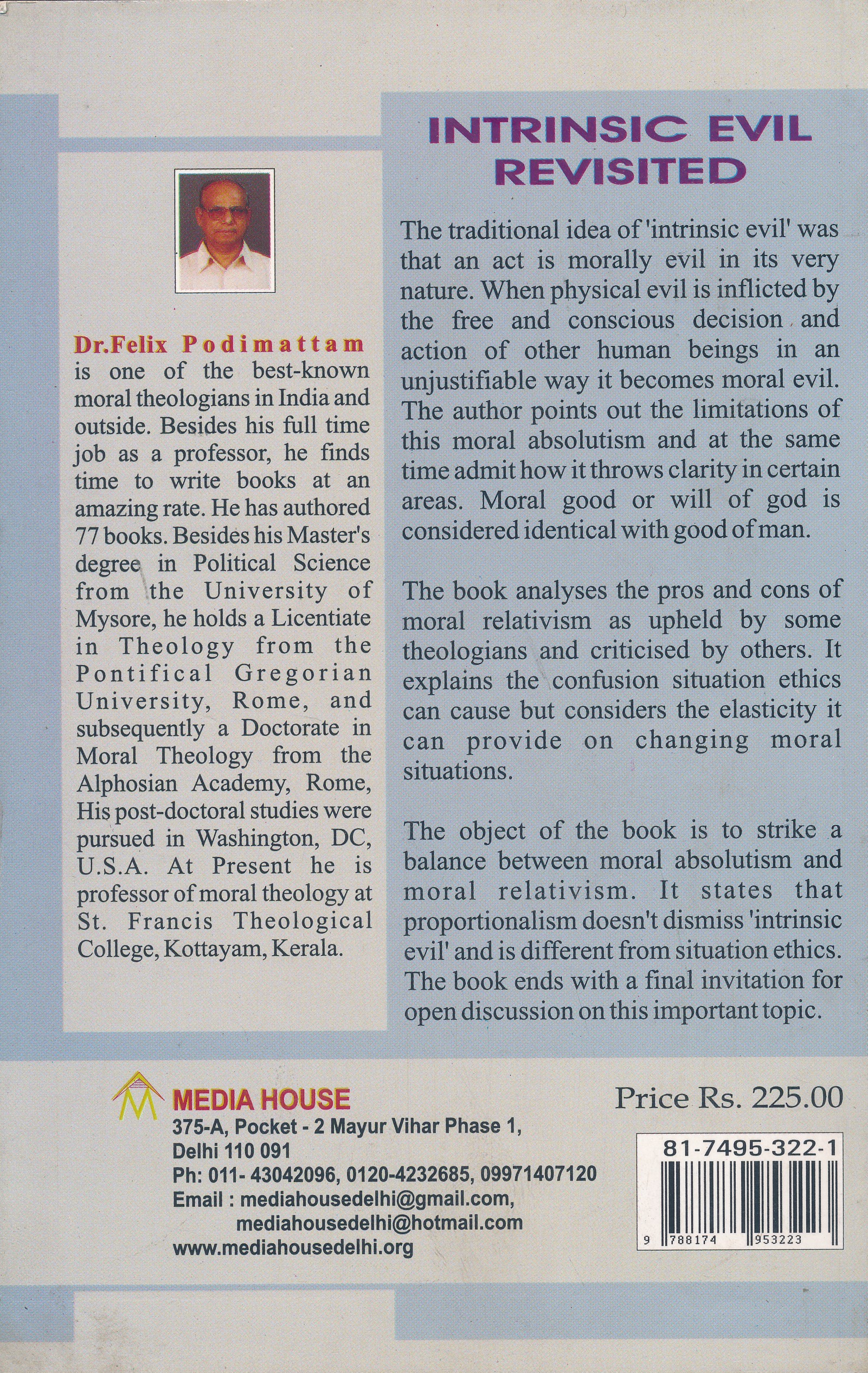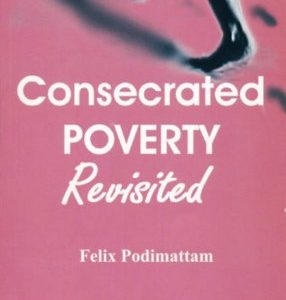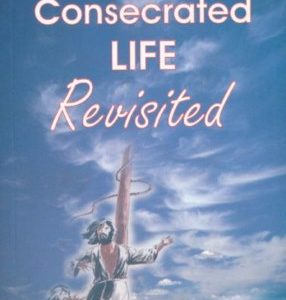Description
INTRINSIC EVIL REVISITED
The traditional idea of’intrinsic evil’ was that an act is morally evil in its very nature. When physical evil is inflicted by the free and conscious decision and action of other human beings in an unjustifiable way it becomes moral evil. The author points out the limitations of this moral absolutism and at the same time admit how it throws clarity in certain areas. Moral good or will of god is considered identical with good of man.
The book analyses the pros and cons of moral relativism as upheld by some theologians and criticised by others. It explains the confusion situation ethics can cause but considers the elasticity it can provide on changing moral situations.
The object of the book is to strike a balance between moral absolutism and moral relativism. It states that proportionalism doesn’t dismiss ‘intrinsic evil’ and is different from situation ethics. The book ends with a final invitation for open discussion on this important topic.
CONTENTS
INTRODUCTION
CHAPTER-1
CRITIQUE OF TRADITIONAL NOTION OF
INTRINSIC EVIL
1. Moral Absolutism
and the Problem of Moral Evil
2. Moral Absolutism and the Intrinsic Good
3. Moral Absolutism and Reason
4. Moral Absolutism
and the Commandment of Love
5. Moral Absolutism and Conscience
6. Moral Absolutism and
Value and Expression of Value
7. Moral Absolutism and the Signs of the Times
8. Moral Absolutism and
Pluralism of Moral Methodologies
9. Moral Absolutism and Anthropological
Findings regarding Moral Absolutes
10. Moral Absolutism and
Traditional Pastoral Theology
11. Moral Absolutism and
the Question of Exceptional Cases
12. Moral Absolutism and the Morality of Growth
13. Moral Absolutism and Evolutionary Morality
14. Moral Absolutism and Historical Morality
15. Moral Absolutism and Character Morality 5g
16. Moral Absolutism and Person-Centred Morality
17. Moral Absolutism and Individual Morality
18. Moral Absolutism and Compromise Morality
19. Moral Absolutism and Tension Morality
20. Moral Absolutism and Morality of Lesser Evil
21. Moral Absolutism and Epikeia
22. Moral Absolutism and
One-Dimensional Morality
23. Moral Absolutism and
Weakness of Its Basis: The Natural Law
24. Moral Absolutism and Weakness
of Its Basis: The Teaching of the Church
25. Moral Absolutism and
the Principle of Double Effect
26. Moral Absolutism and
the “Three-font Principle”
27. Moral Absolutism and Distinction
between Ethical Norm and Ethical Imperative
28. Moral Absolutism and Eschatology
29. Moral Absolutism and
Contemporary Moral Theologians
30. Moral Absolutism
and St. Thomas and Intrinsic Evil
31. Moral Absolutism and East Asian Ethics
32. Moral Absolutism and Other Realities
CHAPTER-2
CRITIQUE OF MORAL RELATIVISM
1. Moral Relativism in General
1.1. Nature of Moral Relativism in General
1.2. Critique of Moral Relativism in General 154 Relativism of “Moral Frameworks”
Cultural Relativism, No Ground for Moral Relativism
CHAPTER-3
DEFENSE OF MORAL RELATIVITY
1. Notion of Moral Relativity
2. Vindication of Moral Relativity
2.1. Support from Traditional Moral Theology
2.2. Support from Theological Reasoning
2.3. Answer to Objections
3. Implications of Moral Relativity
3.1. Moral Generalizations as Maxims
Rather Than Laws
3.2. Absoluteness of Formal
Norms and Relativity of Material Norm
3.3. Some Absolute Moral Norms





Reviews
There are no reviews yet.